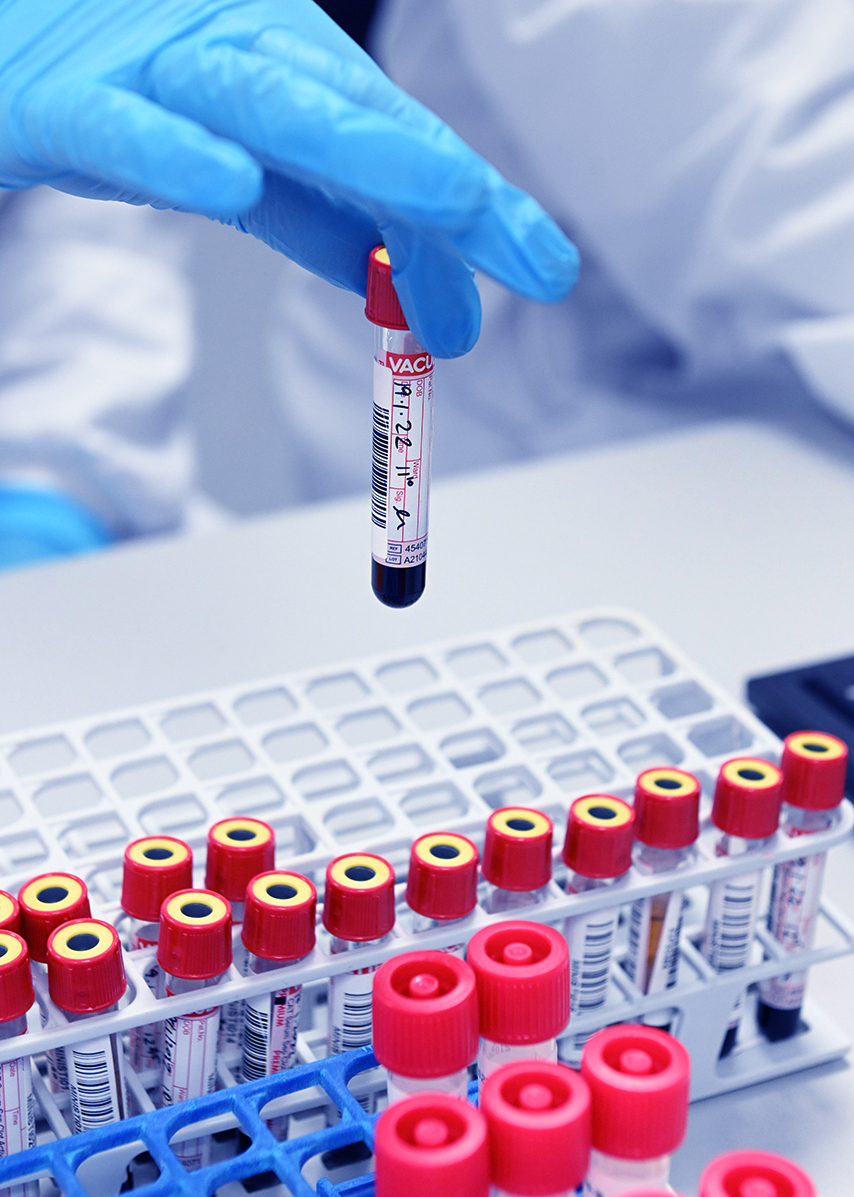The host immune system reacts to COVID-19 disease by producing SARS-CoV-2 specific antibodies. These antibodies appear in serum or plasma of infected individuals after the detection of viral ribonucleic acid (RNA) in swabs and are detectable 3-14 days after the onset of symptoms. SARS-CoV-2 specific IgG antibodies are detectable in COVID-19 patients during the symptomatic phase of the disease and after viral RNA is no longer detectable. The sensitivity of combining RNA with antibody results for the diagnosis of COVID-19 infection has been reported to be > 99%. The persistence of IgG antibodies allows identification of individuals who have been vaccinated against SARS-CoV-2, or those who were infected in the past, recovered from the illness, and developed a degree of immunity to the disease.
The SARS-CoV-2 anti-spike IgG assay quantifies the concentration of SARS-CoV-2 IgG in the blood of individuals who have been infected with, or are vaccinated against COVID-19, giving results in the form of Arbitrary Units / Millilitre (AU/ml). Higher titre antibody responses have been observed in patients with more severe illness as compared with mildly symptomatic or asymptomatic individuals. Research is ongoing to establish the extent to which IgG antibodies to SARS-CoV-2 confer immunity to infection.
SARS-CoV-2 antibody tests are not used to diagnose current or active infection.







